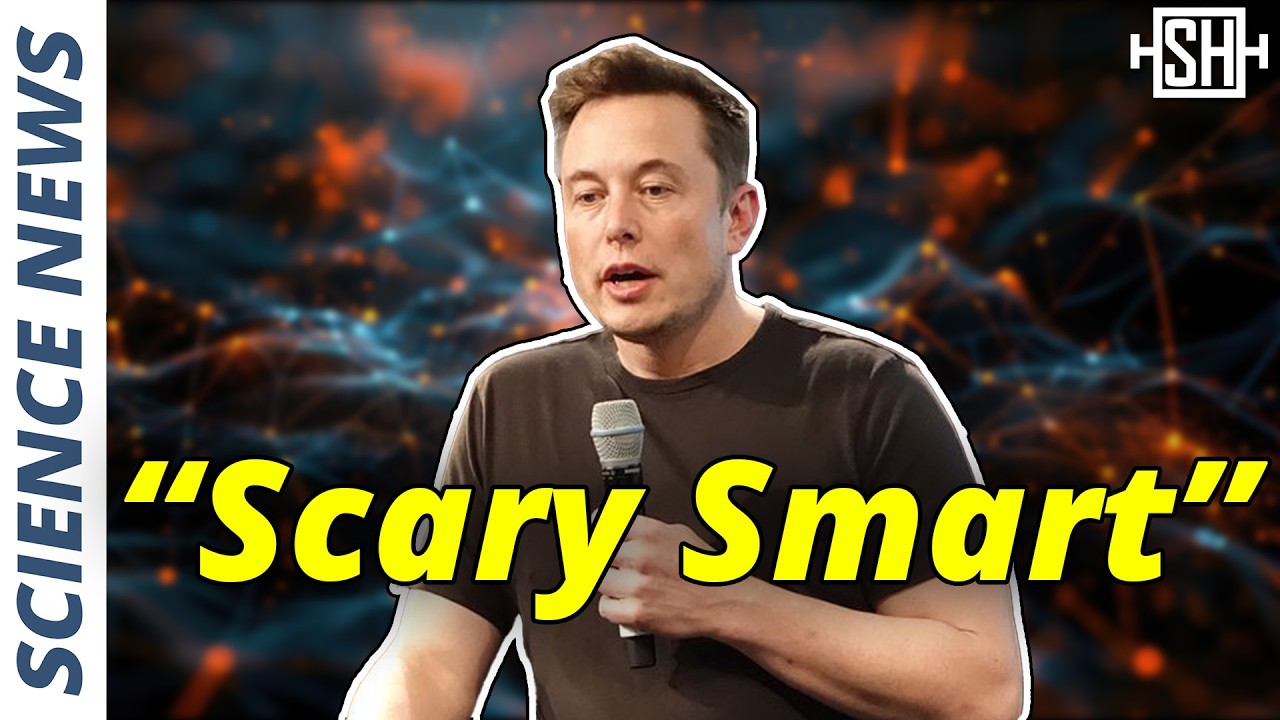The video highlights recent advancements in AI, particularly Musk’s xAI’s Grok 3, Google’s Co-Scientist, and OpenAI’s upcoming models, showcasing their impressive capabilities while also noting their limitations and the mixed results of AI adoption in various industries. Additionally, it discusses concerns that reliance on AI may diminish critical thinking skills among users, echoing historical critiques of new technologies.
The video discusses recent advancements in artificial intelligence (AI), highlighting significant developments from major players like Elon Musk’s xAI, Google, and OpenAI. Musk’s xAI released Grok 3, which he described as “scary smart.” Grok 3 demonstrated impressive capabilities in various benchmarks, outperforming many existing AI models in mathematics, scientific reasoning, and coding. Musk shared an example where Grok 3 proposed innovative ideas about gravity, showcasing its advanced reasoning skills. However, it also has limitations, such as not being able to use its thinking and deep search modes simultaneously.
Google introduced an AI tool called the “Co-Scientist,” designed to assist researchers in generating hypotheses and grant proposals. This AI system supervises multiple agents that perform different roles, such as idea generation and critique. Early tests revealed that the Co-Scientist could quickly derive conclusions from existing literature, significantly reducing the time researchers typically spend on such tasks. This rapid progress in AI capabilities has left some scientists astonished, as the AI was able to replicate findings from an unpublished research project.
Meanwhile, OpenAI is preparing to release GPT-4.5 and GPT-5, indicating that advancements in large language models are ongoing. However, these models still exhibit fundamental issues, such as misunderstanding queries and generating inaccurate information. For instance, Grok 3 confused weights with quantities in a query about feathers. Additionally, AI models like GPT-4 and Gemini Advanced continue to hallucinate, creating fictitious references in financial literature, raising concerns about their reliability.
The video also touches on the mixed results of AI adoption in various industries. While many companies have integrated AI systems, the outcomes have not been as transformative as expected. Experts like Edward Akner from HSBC and Brian Chesky from Airbnb noted that much of the AI hype is merely “success theater,” with no significant improvements in productivity. This skepticism highlights the need for a more clinical approach to AI implementation in business settings.
Lastly, Microsoft conducted a study revealing that AI might be making some users less critical in their thinking. The research found that individuals with high confidence in AI tended to rely on it more, leading to diminished critical thinking skills. This phenomenon is reminiscent of past technological advancements, where new tools like radio, TV, and the internet were also criticized for making people “stupid.” The video concludes by promoting educational resources on platforms like Brilliant, which offer courses on various scientific and technical topics, including quantum mechanics and coding, to help individuals better understand and engage with AI technologies.
